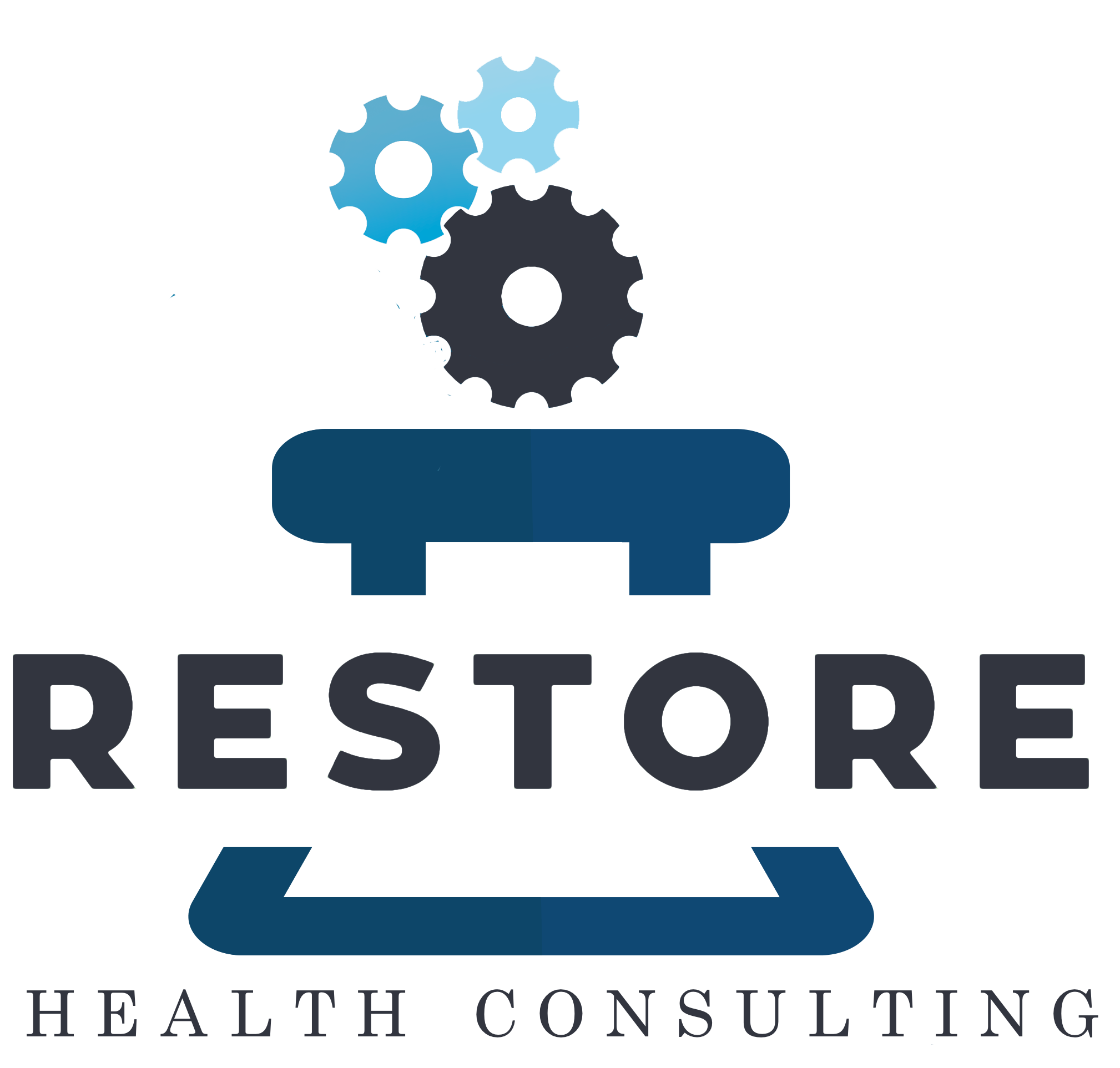Clinics Beware - FDA Cites Medical Practices for Compounding Drugs Under Insanitary Conditions
Compounded drugs, whether prepared at a pharmacy, hospital, or medical clinic, must meet the conditions outlined in section 503A of the Federal Food Drug and Cosmetic Act (FD&C). The Act specifically states that compounds are considered adulterated if they are prepared under insanitary conditions. Pharmacies and hospitals over the last few years have gotten better at implementing contamination control strategies to correct and prevent insanitary conditions, though there is still room for improvement. One question that comes to mind is what about healthcare providers that prepare sterile compounds at an outpatient medical facility?
Have they kept up with the proposed USP 797 revisions?
Are they versed in FDA Guidance on Insanitary Conditions?
Are they compliant with State Board of Pharmacy requirements for sterile compounding?
USP 797 sets forth the minimum standards healthcare settings must follow when preparing sterile compounded preparations to keep patients safe. The standards include requirements for ISO classified primary and secondary engineering controls; personnel training and competency; proper calibration, operation, and maintenance of equipment; material requirements and selection; record keeping; labeling and packaging; and a quality assurance program. In other words, there are a lot of things a medical practice has to follow to prepare and administer compounded sterile preparations in a compliant and safe manner.
Interestingly, Section 1.4 of the proposed revisions to USP 797 defines compounding that aligns with FDA’s thinking - that administration of a drug is out of the scope of USP 797.
“Compounding does not include mixing, reconstituting, or other such acts that are performed in accordance with directions contained in approved labeling provided by the product’s manufacturer and other manufacturer directions consistent with that labeling. Preparing a conventionally manufactured sterile product in accordance with the directions in the manufacturer’s approved labeling is out of scope of this chapter only if:
1. The product is prepared as a single dose for an individual patient; and
2. The approved labeling includes information for the diluent, the resultant strength, the container closure system, and storage time.”
This means outpatient clinics and other medical settings that follow a FDA approved drug’s package insert directions to administer a single dose for a single patient do not need to abide by USP. However, practice sites that prepare or manipulate a sterile compound for in-office patient administration will need to take a closer look at USP, State Board of Pharmacy requirements, and FDA Guidance on insanitary conditions to make sure they are compliant with the expectations. As evident on the FDA’s website, independent medical practices are beginning to face Form 483 observations, warning letters, and other regulatory actions. To better understand how a medical practice can be affected, let’s examine two scenarios:
Scenario 1:
A medical clinic wants to administer a Remicade dose to a single patient. Does the medical office need to abide by USP 797 to prepare and administer the sterile drug?
Remicade is a commercially available drug that includes specific manufacturer-directed drug administration. The directions for administration are as follows as per the package insert:
“Reconstitute a 100-mg vial with 10 mL of Sterile Water for Injection, USP, to obtain a concentration of 10 mg/mL, using a syringe equipped with a 21-gauge or smaller needle. Then dilute the total volume of the reconstituted solution to 250 mL with sterile 0.9% Sodium Chloride Injection, USP. The infusion should begin within 3 hours of reconstitution and dilution. The infusion must be administered intravenously for at least 2 hours with an infusion set with an in-line, sterile, non-pyrogenic, low-protein-binding filter. Discard any unused portion of the infusion solution.”
As long as the clinician prepares a single dose for a single patient and follows the approved drug labeling for administration (including diluent, the resultant strength, the container closure system, and storage time), as per the updated USP definition of compounding, they are not engaged in compounding, they are merely administering a drug and do not need to follow USP 797 standards for sterile compounding.
Scenario 2:
A regenerative medical clinic specializing in IV vitamin therapy and wellness medicine (e.g., Myer’s Cocktail, PRP, etc.) was just audited by the FDA and received a Form 483 for several violations of compounding under insanitary conditions. Are the FDA observations applicable if the clinic uses compounded sterile drug components prepared by a pharmacy, transfers a portion of the drug components to a normal saline IV bag, and administers the finished preparation to a patient?
Since the starting materials are compounds (not FDA approved drug products) and if staff perform aseptic manipulations to prepare the drug into a finished form, then the practice is considered compounding. As per the FD&C Act, the FDA has a right to raise concern over compounds that are prepared under insanitary conditions and can provide the medical office notice as to the observations of violations so they can be corrected and prevented.
What Can You Do?
As the compounding industry becomes more tightly regulated, outpatient medical practices that prepare and administer sterile compounds to their patients should take heed to the FDA’s concerns with compounding of drug products by medical offices and clinics under insanitary conditions. Consultants at Restore Health Consulting can perform a USP 797 and FDA insanitary conditions gap analysis of your clinic’s compounding operations, devise a remediation plan, and help bring you into compliance.
The information provided on this website does not, and is not intended to, constitute legal advice; instead, all information, content, and materials available on this site are for general informational purposes only. Information on this website may not constitute the most up-to-date legal or other information. Readers of this website should contact their attorney to obtain advice with respect to any particular legal matter.
